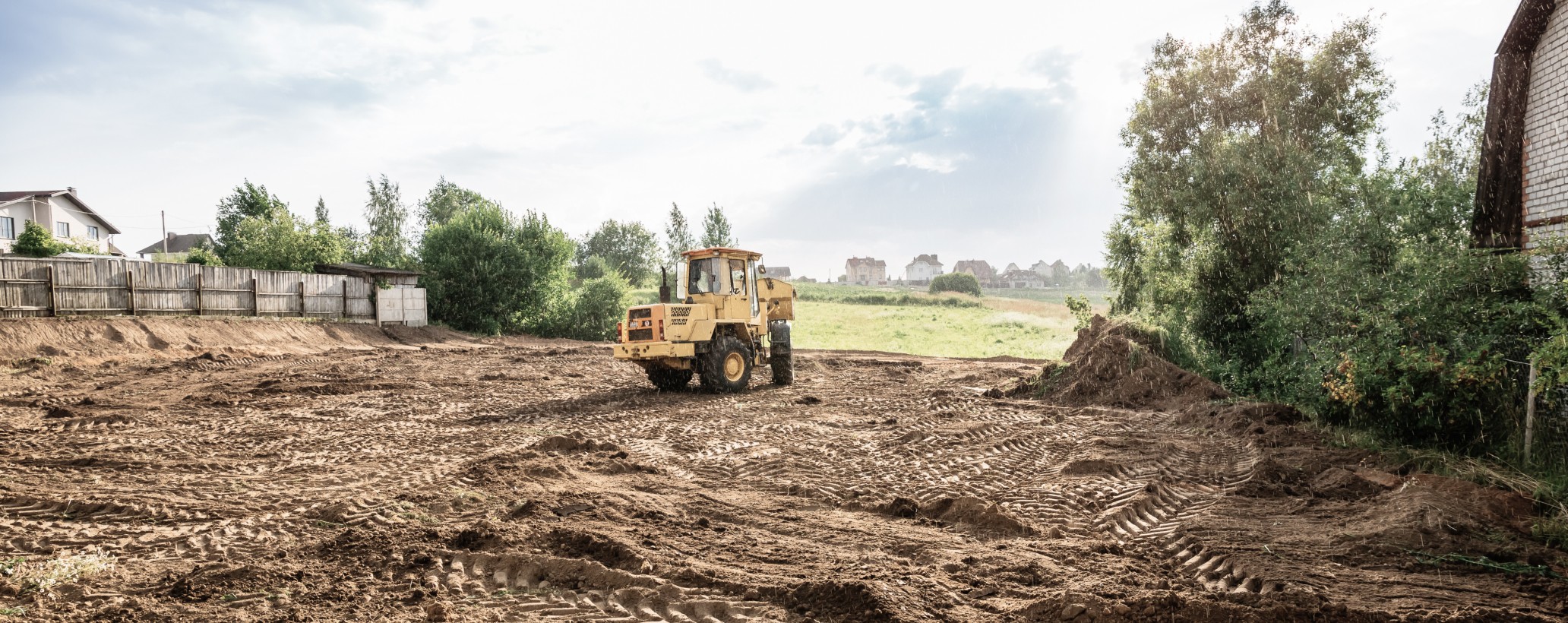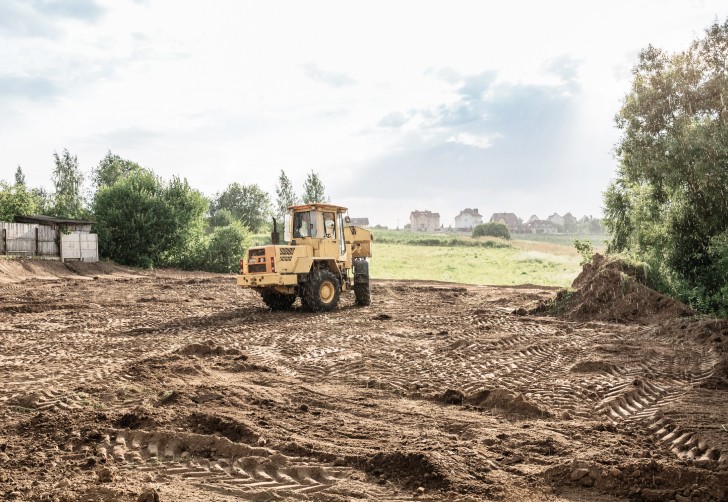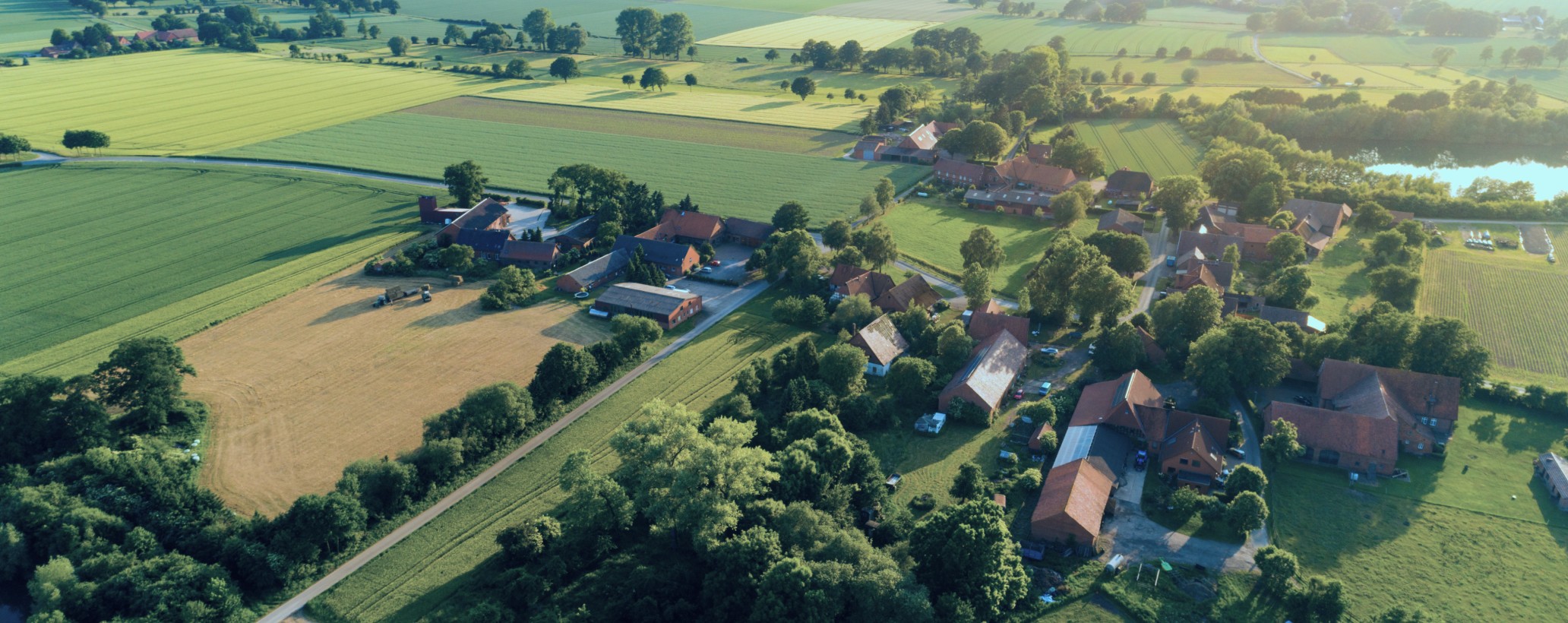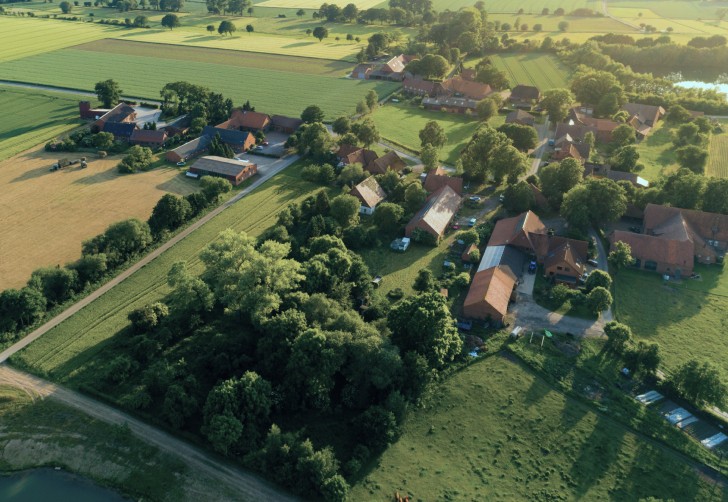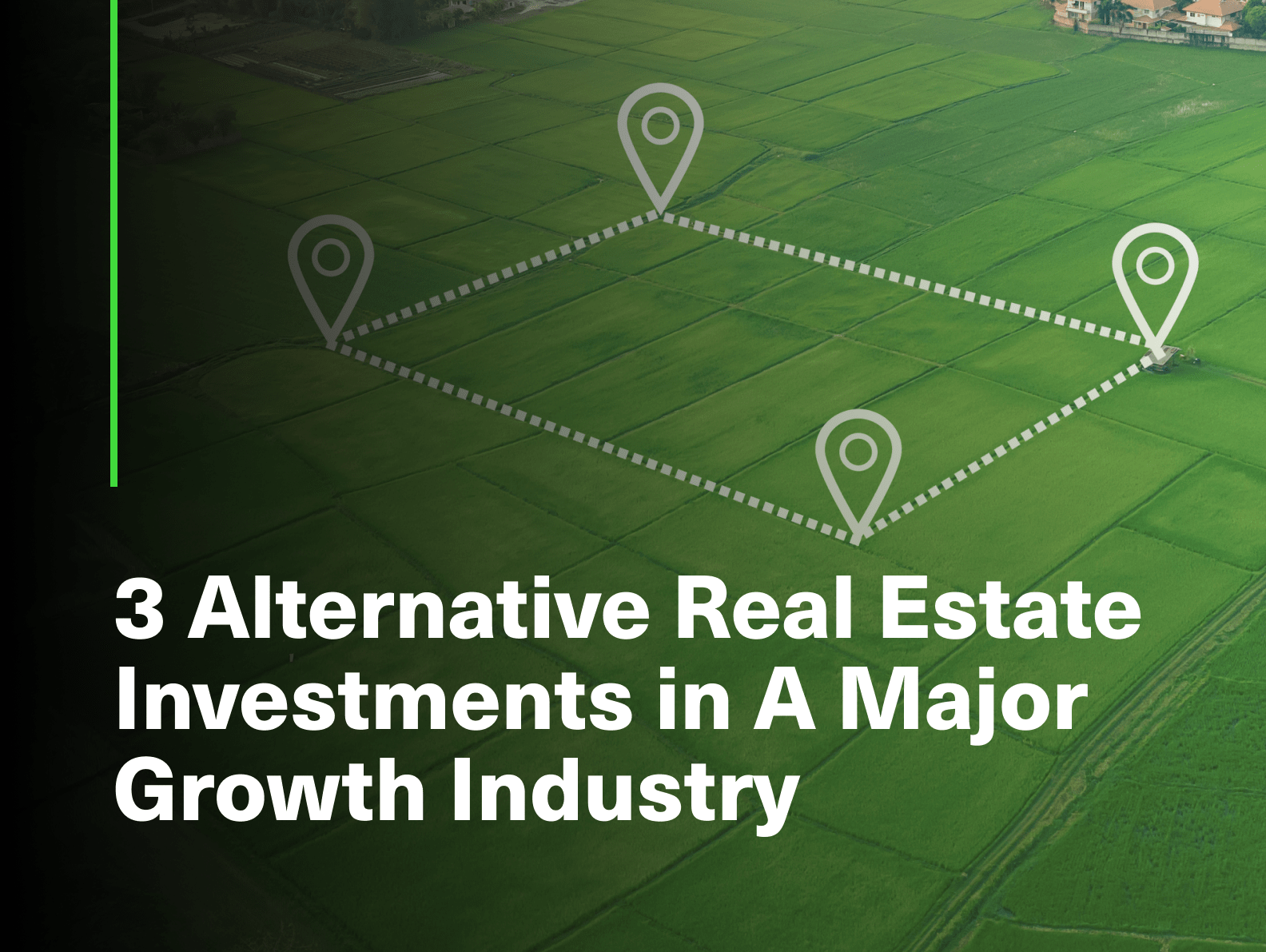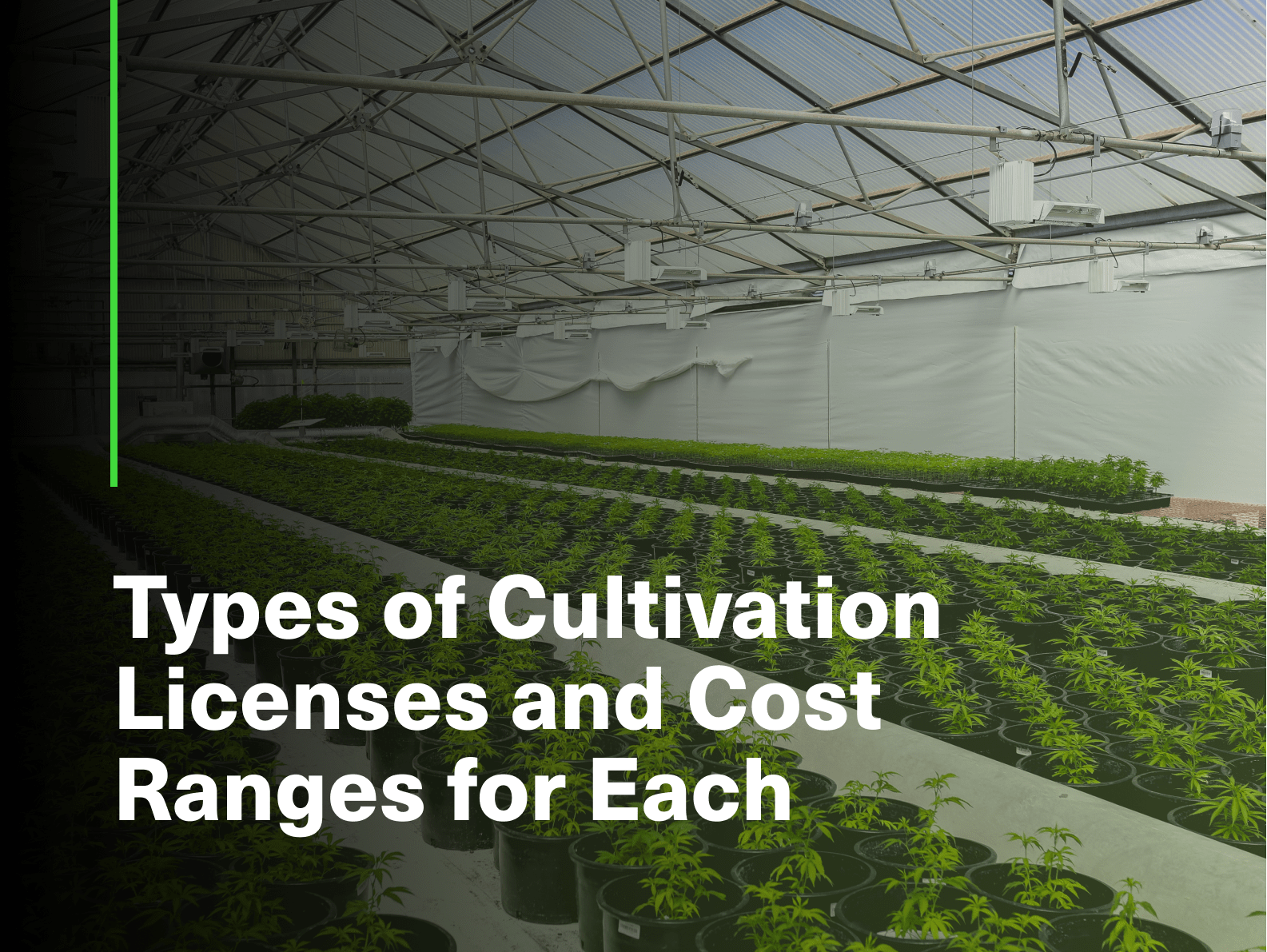It seems like everyone is looking to cash in on an investment in the cannabis industry nowadays—and with good reason. In 2019, the legal cannabis industry was worth an estimated $13.6 billion. That figure is expected to nearly double by 2025, even if full federal legalization does not happen.
With interest in commercial cannabis real estate on the rise, it’s crucial that you have a solid understanding of this highly-regulated and ever-changing industry, whether you’re looking to purchase, lease, or invest in marijuana real estate. Our expert team at BeGreenLegal has several tips and resources to help you be “in the green” on your cannabis real estate investment.
Making a Profitable Property Selection
Like the California Gold Rush of the 1800s, people are heading west and attempting to scoop up plots of land that could be used as legal marijuana real estate. However, without proper research and a thorough understanding of cannabis regulations, many investors are watching their dollars go up in smoke.
Investors interested in cannabis real estate investing frequently start by seeking a green zoned property. Green zones are determined according to state laws. These green zoned areas are often determined based upon factors like the surrounding neighborhoods, environmental considerations, and political ideologies.
Some buy properties on speculation that they will eventually be green zoned by the local government. Others are purchasing green zoned properties, not realizing that being green zoned is only the first of many approval steps necessary to develop their commercial marijuana real estate.
It bears repeating that green zoning is NOT the green light to any type of cannabis activity you’re looking to invest in. There are many important aspects to explore, from a regulatory, social, and environmental aspect, to determine if the property you’re interested in makes financial sense for your cannabis real estate plans.
Is the property zoned for your cannabis goals? As a cannabis real estate investor, there are five primary areas of the cannabis supply chain you can enter:
Growing commercial cannabis (either raw flower or biomass) for recreation or medical use.
Creating and producing cannabis products, from extractions and infusions to packaging.
Determining the amount of THC, CBD, and other cannabinoids in a product and assessing for levels of contaminants such as pesticides and heavy metals.
Transporting products at one or several parts of the cannabis supply chain.
Serving as a community dispensary to reach the consumer market.
Each of these cannabis business types requires licensing beyond just green zone approval and may not be approved in all geographic areas. Different counties and geographies are suitable for different cannabis real estate goals. For example, the three counties that make up the Emerald Triangle of Northern California are ideal for cannabis cultivation. In fact, it’s currently the largest cannabis-producing region in the United States. That is why some cannabis real estate investors are shocked to learn that it’s also a space with few retail opportunities. Instead, cities like San Diego and Los Angeles are primed for retail cannabis spaces due to the size of the population and market demand.
Having a clear understanding of what your cannabis real estate investment goals are BEFORE you begin your property search is crucial to ensuring that your property purchase will meet your portfolio needs. Due to the relatively small number of currently green zoned properties the process can be tedious as more people enter the marijuana real estate investment market. BeGreenLegal’s Property Listings and Property Search Analysis can significantly shorten the length of time it takes to discover and purchase your green zoned real estate and help you get to market more quickly.
Understanding Neighborhood Compatibility
You have found and bought or leased your green zoned property. Congratulations! You’ve made it past the first big industry hurdle. The next phase of licensing, obtaining a Conditional Use Permit (CUP), may present an even greater obstacle, though. In addition to acquiring your traditional business licenses to operate, you’ll need to also apply for the cannabis permits and licenses required by the local municipality where your green zoned property is located.
Both local and state requirements can vary widely (another reason why doing a thorough and educated Property Search Analysis on the front end is so important). Some common zoning requirements to consider include:
- Is your property located near any sensitive areas?
These areas include parks, playgrounds, schools, daycares, and other youth centers and may prevent approval if they are within 1,000 feet of your operation. Manufacturers, in particular, should avoid setting up business in residential areas.
- Does the property have limitations placed on it by planning commissions?
Cannabis real estate investment properties have had their plans derailed by the discovery of certain animal habitats that existed (or could exist) on their property. Specific rules also apply to certain types of vegetation and waterways that are protected and may make some portion of your property off use for business.
- Are there limits to the number of cannabis businesses permitted in the area?
You read that correctly. Even if each cannabis business is located on an approved green zone property, a local municipality may limit the number of permits or licenses that it grants for certain stages of cannabis cultivation, manufacturing, or distribution. Depending on where you are located, competition may be fierce, meaning that you will pay premium dollars for those permitting rights.
- Are there other considerations to gain permit approval?
Some counties have regulations around the use and storage of fertilizers, herbicides, and pesticides. If you are entering the cannabis cultivation sector of the supply chain, these regulations must be considered before you submit your plans for operations.
Aside from those main considerations, there are a myriad of smaller factors that can affect the successful acquisition of your permitting and licensing. These factors may include but are not limited to:
Feeling overwhelmed? It’s understandable as the cannabis industry is complex, high-regulated, and ever-evolving. This stage in the cannabis real estate development process is one that can carry greater risk. But obtaining a CUP for your property will deliver you around a 25% increase in your investment’s value.
One way to mitigate that risk is to perform your own due diligence or work with our experienced team at BeGreenLegal to perform a Property Suitability Analysis and uncover potential issues before they arise. It’s an upfront investment that may pay serious dividends as you move along in the establishment of your cannabis business.
Having sufficient cash flow is a consideration when starting any business endeavor. But in a highly regulated industry like cannabis, cost estimations can quickly spiral out of control for business owners who enter the market without a thorough understanding of all of the costs involved in producing a profitable cannabis company.
When it comes to commercial marijuana real estate, the property price is only part of the cost to consider. Other budgetary line items must include:
On top of that, there can be other unexpected costs if you’re not well-versed in the market. For example, some investors are surprised to learn that property taxes for cannabis businesses can be significantly higher than other property types and can range from 2 to 8 percent. Even just a one percent error in your budget for property taxes can lead to thousands of dollars difference each year on an already expensive piece of land.
We strongly encourage investors to take a realistic look at their cash flow position and available cash sources prior to investment and work to discover the most strategic and advantageous method to enter the cannabis market. Our Investment Profit Analysis is for both new and seasoned investors that want a clear picture of the assumptions and factors that need to be considered when evaluating the profitability of their project.
If your cannabis real estate investment goals include holding the property to lease or sell in the long term, then compliance will be a critical piece to conserving the value of your investment. While the market has been positively trending for many years and should continue to do so, that may also mean an increase in the amount of regulation and compliance needed as more revenue shifts from the illegal sector to the legal market.
Compliance is particularly important in your first year of operations, as you’ll most likely be working with a provisional license that does not necessarily guarantee future approval. There are three ways you can mitigate the risk of having regulatory requirements threaten the continuation of your cannabis business:
Preserve the integrity of your investment by being meticulous with your cannabis business documentation and recordkeeping. If you’re not sure where to begin, BeGreenLegal offers post-license operation and compliance assistance to keep you updated on rapidly changing laws and organized to present your applications for license renewal.
Invest in a Property Suitability Analysis
Perhaps you’re scratching your head at this point and wondering why anyone would put their dollars into the cannabis real estate industry, given the amount of uncertainty that comes with it. The truth is that investing in cannabis is not for every investor. You have to have a certain rogue investing mentality that is attracted to untapped potential and impressive ROIs. And while the cannabis market is maturing, there is still tremendous future opportunity for growth.
As of April 14, 2021, only 16 states and Washington, D.C. have fully legalized marijuana for medicinal and recreational use. Entering the market now may allow you to become a major industry player as more states realize the amount of revenue potential and increased product safety that comes from legalizing cannabis.
But, as you now realize, investing in commercial marijuana real estate is more than just finding a plot of land to purchase, lease, or invest in. At BeGreenLegal, our recommended strategy is to identify suitability first and availability second. This improves the efficiency (and reduces the frustration) of your real estate acquisition process.
Our Property Suitability Analysis program includes:
It is imperative that you are equipped with the knowledge of how to make your vision come to fruition to make the most intelligent and profitable property decisions when you enter the marijuana real estate investment market. BeGreenLegal is your support team to help guide you to your best investment options in the commercial cannabis real estate market.

